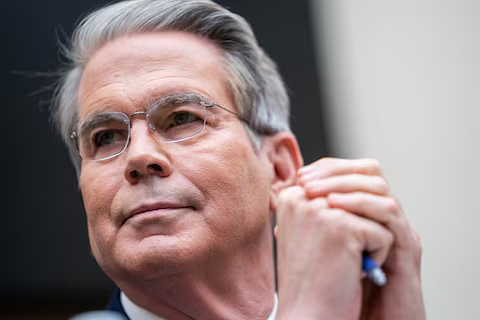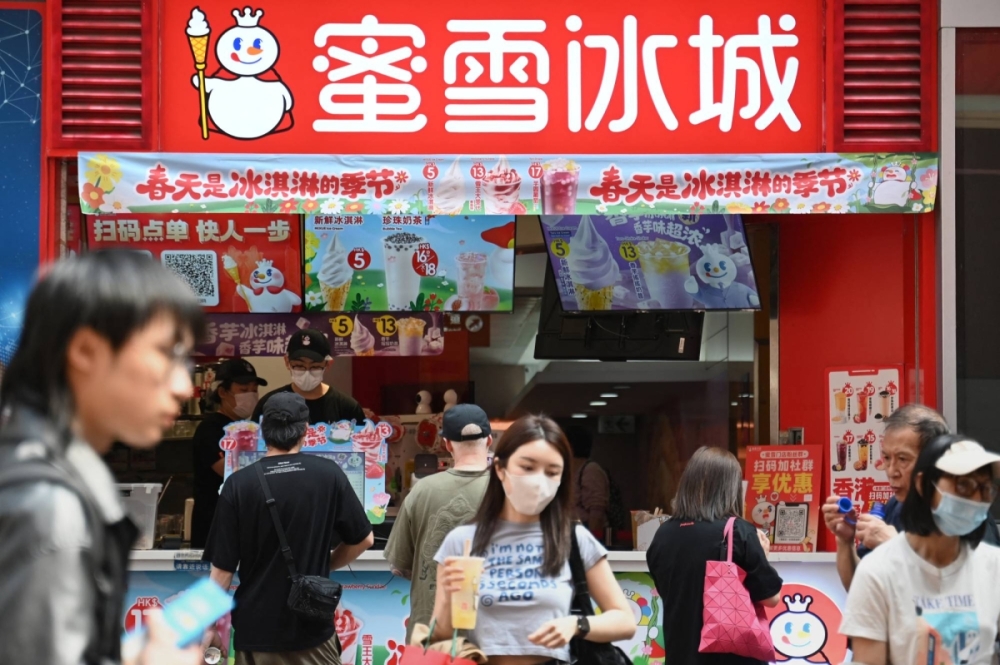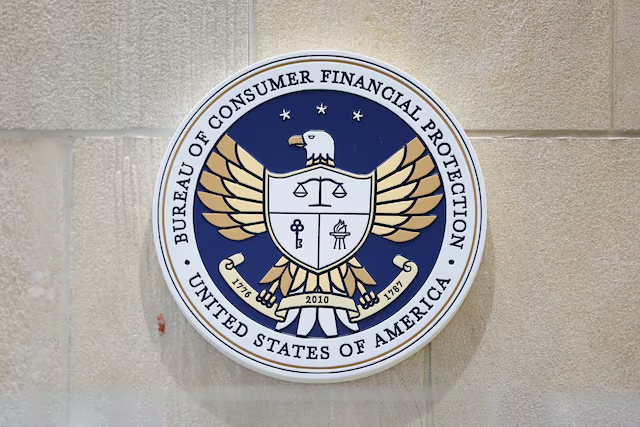On May 10, 2025, high-level trade negotiations commenced in Geneva between China and the United States, marking a significant development in efforts to resolve escalating trade tensions between the world’s two largest economies. The talks were led by China’s Vice Premier He Lipeng and U.S. Treasury Secretary Scott Bessent, as reported by China’s state news agency Xinhua and confirmed by a Reuters source.
The initiation of these discussions follows several weeks of intensifying trade disputes that have seen mutual tariffs on imported goods surge to over 100%. In April, President Donald Trump imposed 145% tariffs on Chinese imports, prompting Beijing to retaliate with 125% levies on U.S. products. This tit-for-tat escalation led to a significant downturn in bilateral trade, with container shipments from China dropping by 60%.
Chinese exporters, particularly in sectors like toys and electronics, have been severely impacted by the increased tariffs. However, with inventories in the U.S. running low and American retailers under pressure to restock, some Chinese exporters have begun preparing goods for shipment despite the high tariffs, anticipating a potential easing of trade barriers.
The economic strain on China has been further exacerbated by deflationary pressures. In April 2025, China’s factory-gate prices saw their sharpest decline in six months, with the Producer Price Index (PPI) falling 2.7% year-on-year. Consumer prices also dropped for the third consecutive month, reflecting weakened domestic demand due to a housing market downturn, high household debt, and job insecurity.
These economic challenges, coupled with the risk of being sidelined in global trade negotiations, have prompted Beijing to engage in talks. Behind closed doors, Chinese officials have expressed concerns over supply chain disruptions, factory closures, and the potential loss of U.S. markets as trading partners like India and Vietnam began parallel talks. These factors, along with softened U.S. rhetoric and quiet diplomatic outreach, led to China agreeing to send its economic czar He Lifeng to Geneva for discussions.
Despite the commencement of talks, U.S. President Donald Trump has stated that the United States will not unilaterally reduce tariffs on Chinese imports without reciprocal concessions from China. This clarification came after Trump suggested possibly lowering the current 145% tariff rate to 80% ahead of the negotiations. White House Press Secretary Karoline Leavitt emphasized that the 80% figure was merely a preliminary idea proposed by the president.
The Geneva talks are seen as a potential initial step toward reducing bilateral trade tensions. However, analysts caution that expecting a fast resolution may be unrealistic given the prolonged duration of past trade conflicts. The outcome of these discussions will be closely watched by global markets and stakeholders, as they could have significant implications for international trade dynamics and economic stability.
Source: Reuters



